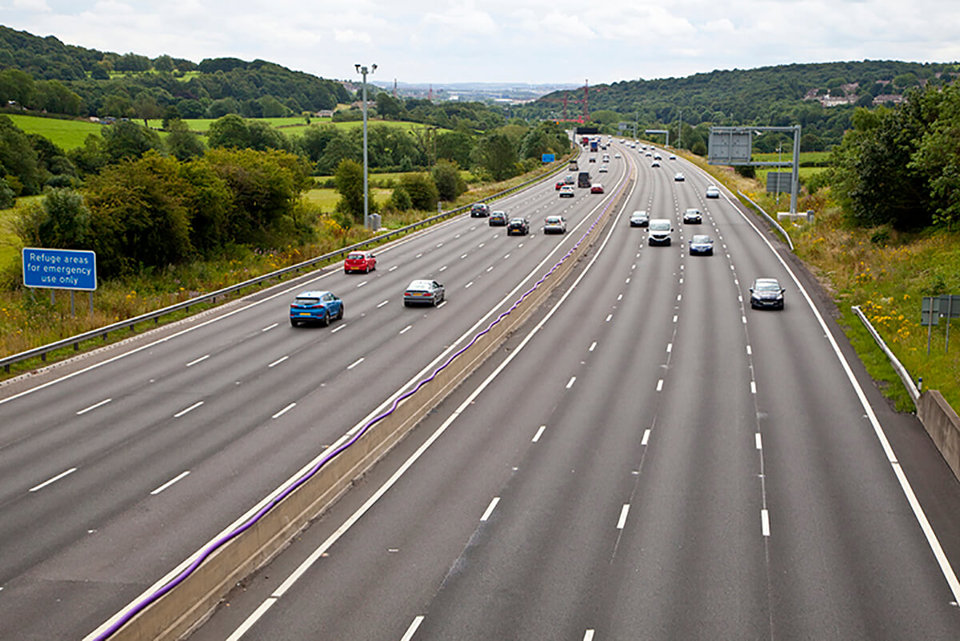Cenex - the UK’s first Centre of Excellence for low carbon technologies – has announced that logistics provider Kuehne and Nagel will trial the effectiveness of low-emissions heavy-goods vehicles (HGVs) operating as parts of large fleets with demanding-duty cycles.
Funded in part by Innovate UK’s Low-Emission Freight and Logistics Project, the Reduced-Emission Logistics (RED-E-LOG) trial will see one of the UK’s largest fleet operators trial the effectiveness of dedicated (spark-ignited) gas and dual-fuel direct injection methane-diesel trucks in completing demanding-duty cycles for consumer brands such as Whitbread, owner of Costa Coffee and Premier Inn, and Virgin.
Kuehne and Nagel will trial 29 dedicated gas and direct-injection, dual-fuel methane/diesel trucks. The trucks will refuel with liquid biomethane, from a depot-based liquefied biomethane (LBM) station. Liquefied biomethane is a sustainable and renewable fuel derived from waste.
The project aims to prove the reliability, emission savings, cost savings, and practical use of low-emissions HGVs in the UK’s most demanding logistics operations.
Currently, the logistics industry accounts for 17% of all UK road-transport emissions. Working in partnership, Kuehne and Nagel will manage the trial, Microlise will manage fleet telematics to capture detailed vehicle data, and Emissions Analytics will provide independent emissions testing to quantify the emissions performances of the new vehicle technologies.
Cenex will share trial findings with UK logistics operators, and use them to encourage investment in low carbon solutions for demanding-duty cycles.
Steve Carroll, head of transport at Cenex, said: “Cenex is excited to continue its long-standing support of using natural gas and biomethane in the transport sector.
“Proving the capabilities of these alternative fuels in heavy-duty cycles is a first for the UK, and we look forward to sharing the outcomes of this innovative trial.”

















Login to comment
Comments
No comments have been made yet.